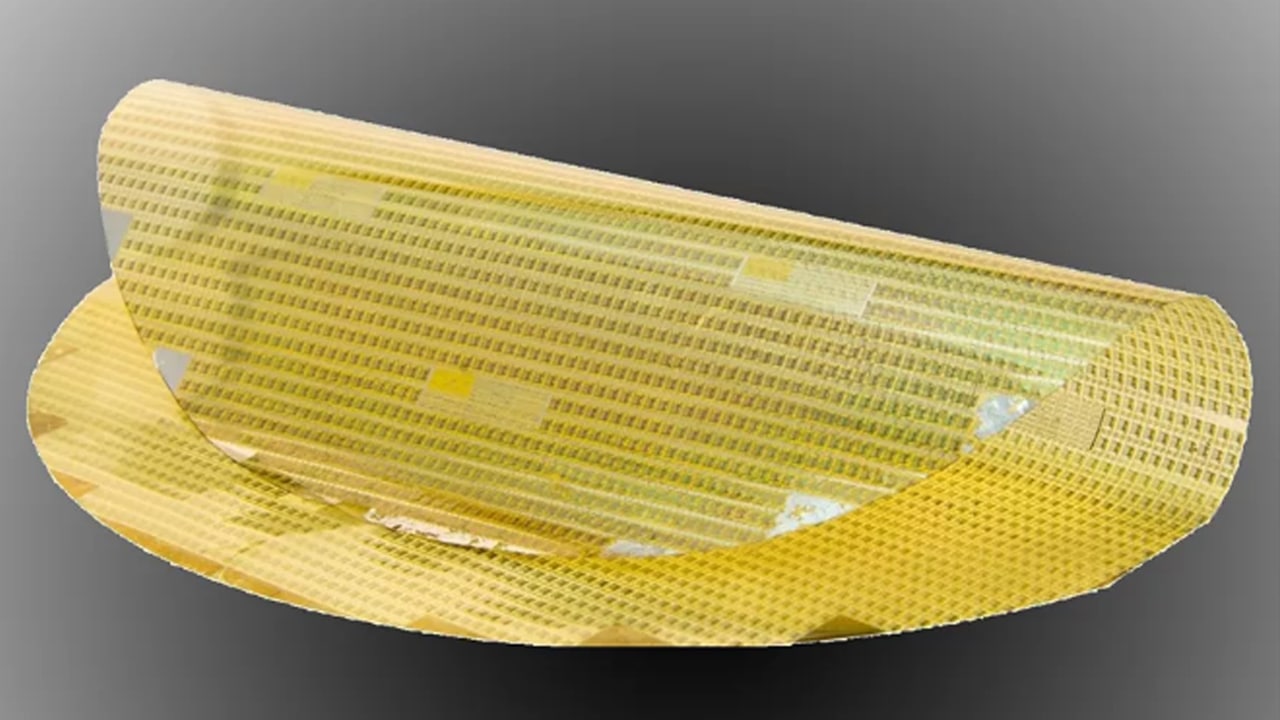According to the latest report, researchers have designed a new plastic processor, which they estimate will be able to sell for less than 1 pence for mass production. Existing chip designs are too complex for mass production in plastic, say researchers at the University of Illinois at Urbana-Champaign and flexible electronics maker PragmatIC Semiconductor.
JOIN US ON TELEGRAM
Last year, Arm and PragmatIC announced the development of a PlasticArm prototype, which implements the Arm M0 processor design, integrating more than 56,000 semiconductor devices for a flexible and inexpensive microchip. This latest study shows that a completely new architectural approach is needed to achieve chips that are available in yields and priced as low as a penny.
 To address the peculiarities of plastic chip design, the University of Illinois team built a new Flexicore processor design from the ground up. Since yields dropped dramatically as processor gate counts went up, they decided to do a minimal design, using fewer gates and using 4-bit and 8-bit logic. The Flexicore memory architecture and its instruction set are optimized for fewer components and less complexity. Additionally, the processor is designed to execute only one instruction per clock cycle.
To address the peculiarities of plastic chip design, the University of Illinois team built a new Flexicore processor design from the ground up. Since yields dropped dramatically as processor gate counts went up, they decided to do a minimal design, using fewer gates and using 4-bit and 8-bit logic. The Flexicore memory architecture and its instruction set are optimized for fewer components and less complexity. Additionally, the processor is designed to execute only one instruction per clock cycle.
For chip fabrication, the research team used the flexible thin-film semiconductor indium gallium zinc oxide (IGZO) technology, which is also used in display panel fabrication and is a reliable and mature technology. The thin film can be bent into a millimeter radius curve without will not have any adverse effects.
They have built a sample of a 4-bit FlexiCore processor that measures 5.6 mm square and contains 2,104 semiconductor devices with a manufacturing yield of over 80 percent. The researchers estimate that a Flexicore chip will cost less than a penny to produce. The researchers still have some work to do, and they have tried optimizing the Flexicore design for different processes and target workloads, with some success.
With plastic processors that cost less than a penny, and flexible electronics moving from niche to mainstream, we may see the dawn of truly ubiquitous electronics. The above research will be presented at the International Symposium on Computer Architecture later this month.






